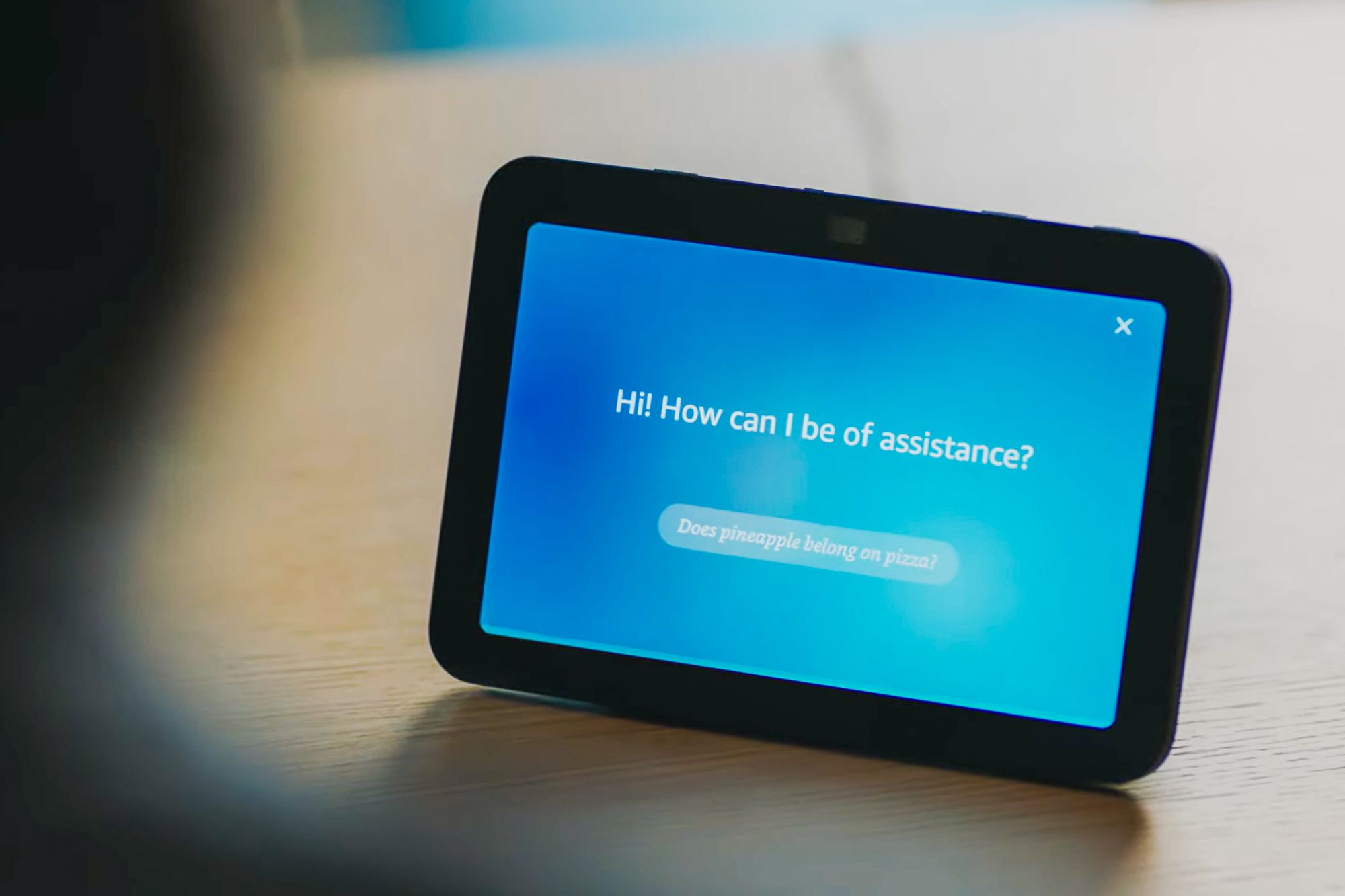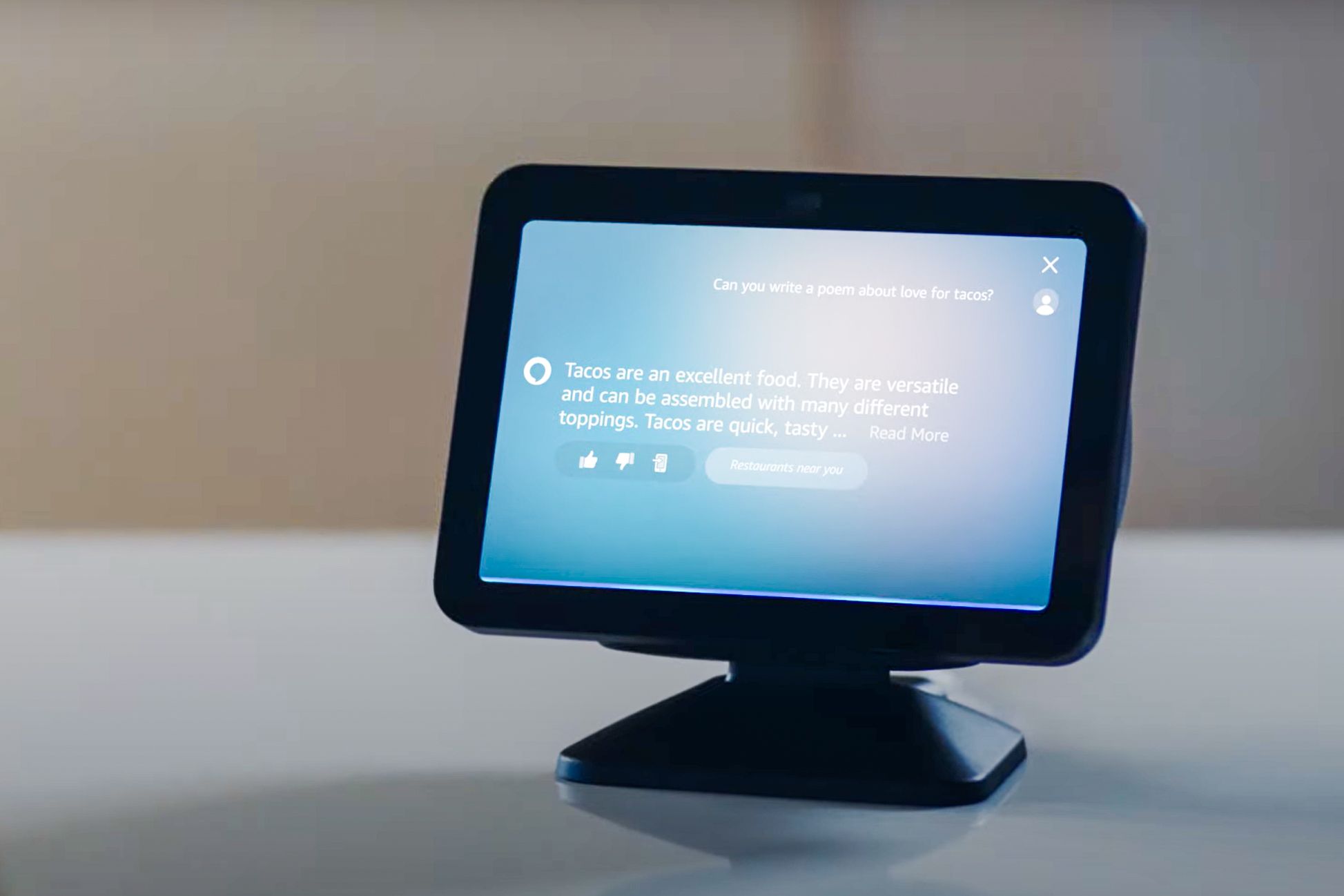Amazon just released a fresh set of Echo devices. While the new hardware looks tempting as always, it is finally bringing significant improvements to its voice assistant, Alexa, in a bid to catch up with ChatGPT, Bing, and Google's Bard. With the powers of generative AI, Alexa is set to become a super version of itself "that can supercharge your smart home, and more, work complex tasks on your behalf." And yes, it should understand Gen-Z lingo as well (we hope!)
The first benefit is intuition; Alexa will understand — or will try to make sense of — vague statements like "I'm cold" instead of requiring you to harp complete instructions in an exhaustingly algorithmic tone.
You will no longer have to be cautiously specific to ensure a task gets executed — or worse, resort to using your phone to control smarty-pants electronics and electricals around the house out of the frustration of repeating everything multiple times. It should also identify adjectives like "new" to single out any new stuff that wasn't part of your earlier setup.

The next benefit is an improved understanding of complex commands; the LLM-powered Alexa will have the ability to condense complex narratives with numerous commands and execute them sequentially. This alleviates its current struggles with understanding statements that require it to stretch out its arms and do multiple things with multiple things.
The biggest presumable benefit will be in the ease of setting up complex Routines using nothing but your voice — completely eradicating the complex setup process that dissuades many users to date.
Amazon will also extend tools that developers can leverage to activate precise functions using the smart device's ambient awareness. If you ask Alexa to "make the room more romantic," you might be surprised how it actively manipulates your smart blinds, speakers, and lights (and even smart scented candles — if something like that has already been invented) to create an actually romantic scenario based on the time of the day (and probably weather conditions) instead of just executing a template of commands.
Likewise, you can tell Alexa that a particular room is dirty, and it will depute your Roomba, or another smart mop, to wipe off your spilt beer — or milk, hopefully before you have a chance to cry over it.

Of course, these changes aren't coming instantly. Amazon wants to tread cautiously instead of sprinting and then falling off tracks like Microsoft and Google, scrambling for the top spot in generative AI's race. Amazon also says the "new Alexa" will roll out with basic functionality in the US first and eventually spread out to other parts of the world.
If you want to register your interest, you can say, "Alexa, let's chat!" although this does not guarantee quicker access than the rest of your compatriots.
Lastly, Amazon emphasizes that Alexa, with its supercharged capabilities, may not remain free. When companies say that, they end up charging you almost always, but the exact pricing will probably not be levied until a full-fledged version makes tu casa, su casa.

